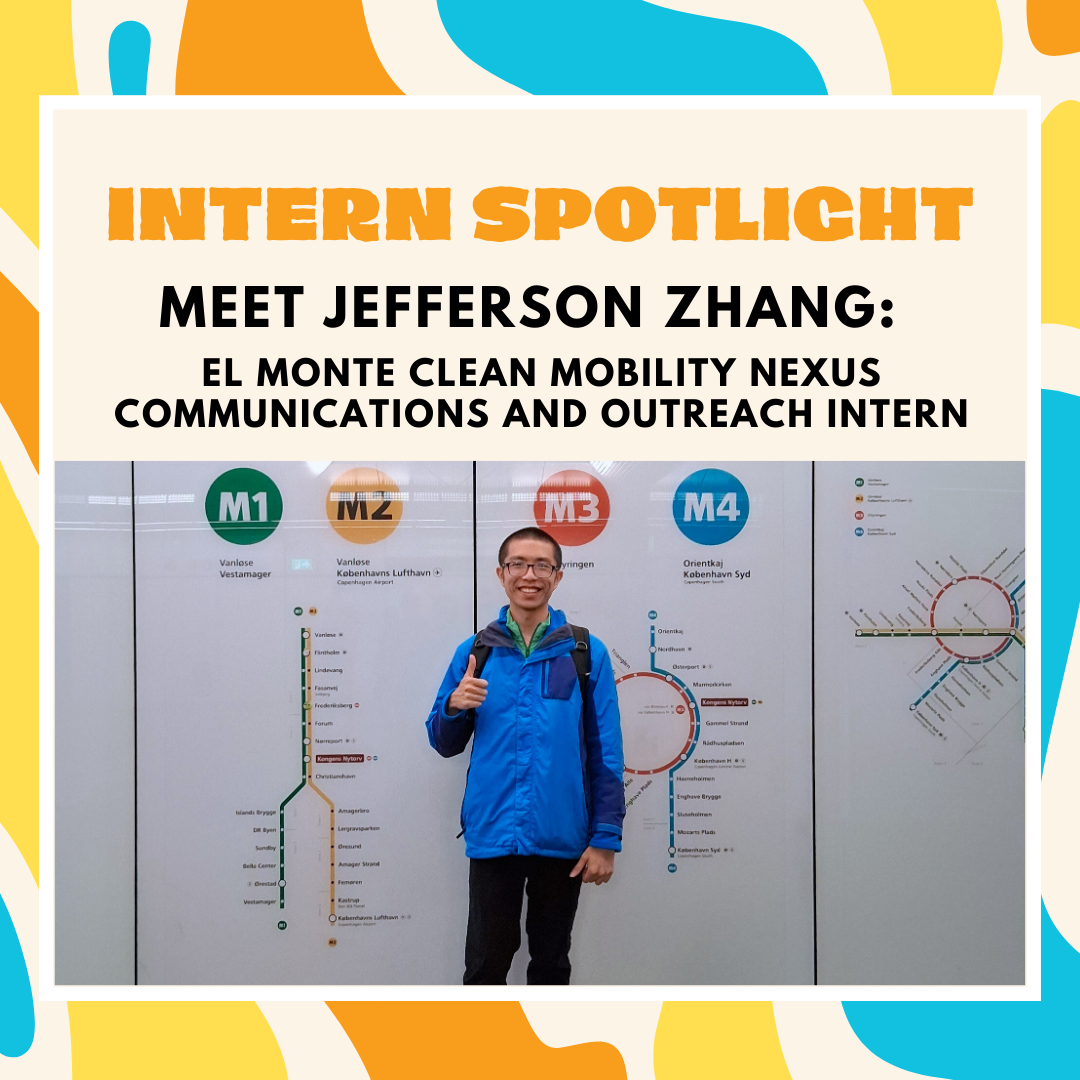Over the past several months, Active San Gabriel Valley (ActiveSGV) worked with five local partners - Day One, Sustainable Claremont, TreePeople, GRID Alternatives, and the Council for Watershed Health - to develop a proposal for the US Environmental Protection Agency's new Community Change Grant program. Made possible by the Inflation Reduction Act, the program will invest $2 billion in place-based projects to reduce pollution, increase community climate resilience, and build local capacity to tackle environmental justice issues.

The GREEN (Green, Resilient, Energy Efficient Neighborhoods) San Gabriel Valley proposal is focused on improving community conditions in pollution-burdened communities of the central SGV, including EPA-eligible census tracts within the following communities: Alhambra, Azusa, Baldwin Park, Covina, Duarte, La Puente, Montebello, Pasadena, Rosemead, San Gabriel, South El Monte, El Monte, Temple City, and the unincorporated communities of Avocado Heights, Bassett, Hacienda Heights, North El Monte, Rowland Heights, and Valinda.
The proposed project comprises (7) climate action and pollution reduction strategies.
- Project 1: Tree Planting in parkways and public places and fruit tree giveaways to mitigate the rise in extreme heat and build community resilience.
- Project 2: Green Schoolyards with composting, rain gardens, and native plants to reduce methane emissions, capture and clean stormwater, improve biodiversity, and clean the air.
- Project 3: Electric Family/Cargo Bike Incentives and Bicycle Repair Stations to reduce Vehicle Miles Traveled and accelerate the adoption of healthy, zero-emission technology.
- Project 4: Clean Casas with rooftop solar, battery storage, cool roofs, and induction stove technology to reduce methane dependence and emissions, improve indoor and outdoor air quality, and improve public health among vulnerable priority populations.
- Project 5: Clean Water Refill Stations to reduce single-use plastic water bottle waste and support the use of reusable bottles.
- Project 6: Rain Gardens to capture and clean stormwater, reduce flooding, and decrease reliance on water imported from the Colorado River.
- Project 7: The construction of a Multi-Benefit, Stormwater Capture Greenway (Merced Avenue Greenway) to capture and clean stormwater while creating a safe space for active mobility.
These strategies were selected in response to public requests received over years of local community engagement, as well as a shared commitment to addressing local environmental justice issues, acting locally on climate issues, and supporting priority populations. If awarded, the project will be implemented over 36 months, with a proposed start date of July 1, 2024.
.jpeg)





